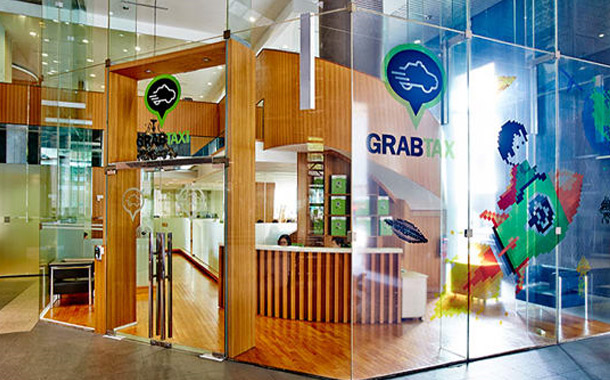Two new R&D centres will be opened in Bangalore, India and Ho Chi Minh City, Vietnam; Doubles the number of R&D centers from three to six in one quarter
Grab announces the opening of a Research and Development (R&D) centre in Bangalore. The new centre will house up to 200 talented engineers, who will focus on developing new payments technologies for GrabPay, Grab’s digital payments platform, that will deepen financial inclusion and increase access to mobile payments across Southeast Asia. Grab has made two early hires, Raghuram Trikutam, the Head of Engineering, Mobile Payments and Ruchika Sharma , Head of Human Resources, with more hires being targeted for a hiring weekend on 24 and 25 March in Bangalore.
“Bangalore has established itself as the Silicon Valley of India and one of the global hubs in mobile technology. We are excited to extend our relentless search for global tech talent to this dynamic market. Grab has an agile and entrepreneurial work culture, and our engineers are working on new products at the forefront of global transportation and payments. We welcome talented engineers looking to be a part of a customer-focused company and apply top-tier skills to complex, real-world issues. Most importantly, Grab believes in leveraging technology to improve people’s lives; our team’s talents are used to develop impactful solutions that enable people across Southeast Asia to benefit from the digital economy every day,” Arul Kumaravel, Vice President of Engineering at Grab said.
The opening of the Bangalore centre, fits in a broader regional investment for Grab, which today announced that it has opened two new R&D centres, including the centre in Bangalore, India, significantly expanding its global R&D capabilities and doubling its number of R&D centres from three to six in the last quarter. In order to keep pace with Grab’s rapid growth, Grab also announced that it will be adding more than 800 new R&D jobs in the next two years across Grab’s six R&D centres in Beijing, Bangalore, Jakarta, Vietnam, Singapore and Seattle.
The expansion will support Grab’s rapidly growing multi-modal transport platform and proprietary payments system across Southeast Asia, which includes the launch of three new transport services in the last quarter, GrabShare, GrabCoach and GrabShuttle, as well as the rollout of GrabRewards, a customer loyalty programme. Today, Grab operates in 35 cities across 6 countries, with over 710,000 drivers in its network. With over 36 million mobile downloads of the Grab app to date, Grab has 95% market share of third-party taxi-hailing apps and more than 50% market share in private cars in the markets in which it operates.
“At Grab, we are focused on solving the toughest local problems through technology. Southeast Asia is developing at a breakneck pace and we have an unprecedented opportunity to deliver a platform that caters to the region’s mobile-first environment and infrastructural needs. Addressing such challenges requires a combination of deep local understanding and best-in-class engineering. Our philosophy is to develop our highly localized products in the countries where our consumers live, while tapping into the best specialised tech talent around the world to enhance the user experience and efficiency and effectiveness of our platform,” Raghuram Trikutam, Head of Engineering, Mobile Payments, Grab Bangalore, said.
“By investing in our new and existing R&D centers, we are looking to boost our capabilities in innovation and to take our people-focused workplace culture to where the best talents are. Southeast Asia is developing at a rapid pace and we have an unprecedented opportunity to use technology to shape cities, improve people’s lives and make a real difference,” Trikutam added.




